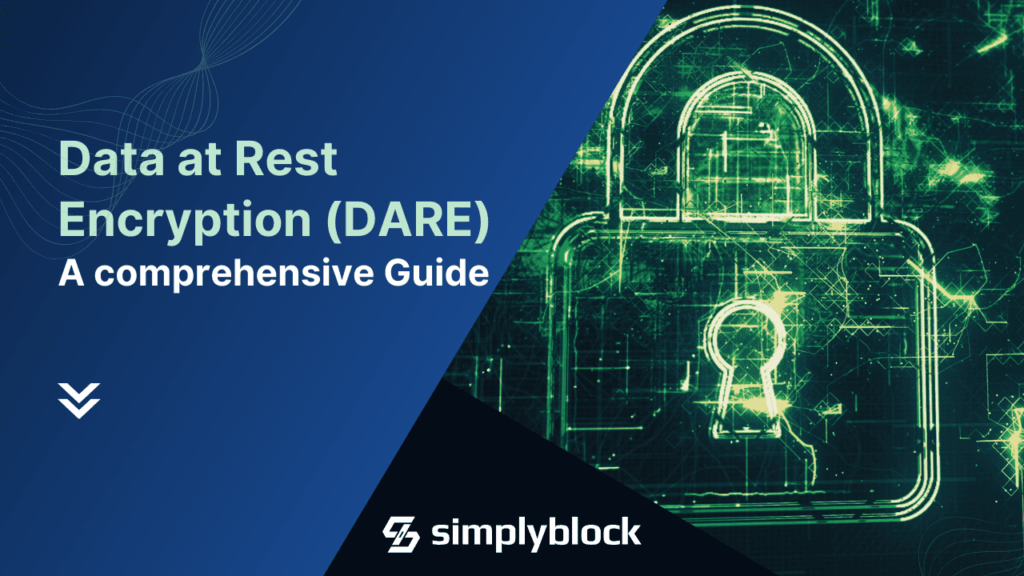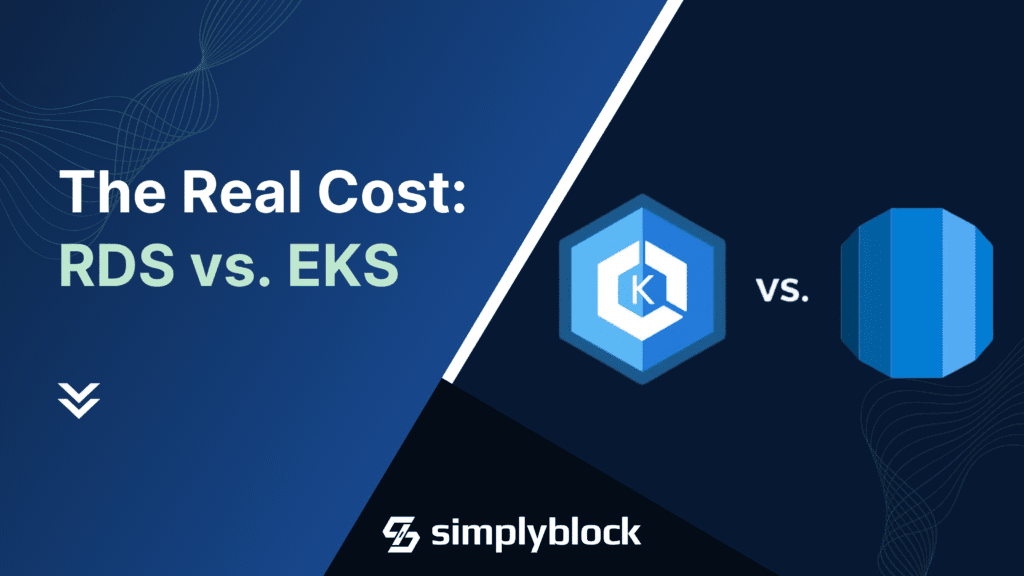
Introduction:
This interview is part of the simplyblock Cloud Frontier Podcast, available on Youtube , Spotify , iTunes/Apple Podcasts , and our show site .
In this episode of simplyblock’s Cloud Frontier podcast, Rob Pankow speaks with Steven Renwick, co-founder and CEO of Tilores, about the critical need for unifying customer data across multiple platforms and databases. Steven explains how Tilores helps enterprises solve the complex problem of scattered customer data through real-time unification. As companies increasingly rely on data to drive decision-making, unifying this data is key to ensuring a consistent, accurate, and actionable view of customers.
Key Takeaways
What is Data Unification, and why is it Crucial for Enterprises Managing Customer Data?
Data unification is the process of gathering fragmented customer data from multiple databases and systems into a single, coherent profile. For enterprises managing massive amounts of customer information, this unified view is critical for improving customer experience, optimizing decision-making, and ensuring compliance with regulations like GDPR. Without unified data, companies risk making uninformed decisions based on incomplete or inaccurate information. Through technologies like Tilores, enterprises can automate this process, achieving real-time synchronization of data across platforms.
What are Fuzzy Matching Algorithms, and how do they Improve Data Matching?
Fuzzy matching algorithms play a vital role in data unification by identifying records that are similar but not identical, such as when names or addresses are misspelled or slightly altered. This method helps ensure that disparate data points, which might otherwise be missed, are combined under one customer profile. For companies dealing with high volumes of data, fuzzy matching increases the accuracy of entity resolution, allowing them to consolidate customer information more effectively and reduce errors.
What are the Challenges of Fundraising for Early-stage Startups, and how can they be Overcome?
Raising investment as an early-stage startup can be daunting, especially when it involves speaking to hundreds of potential investors. According to Steven, one of the biggest challenges is keeping up morale through numerous rejections while maintaining the passion and energy to sell the vision to the next investor. Preparation is key—using AI for pitch decks for a polished presentation and practicing your pitch extensively is critical. Additionally, building relationships with investors ahead of time and leveraging introductions can increase your chances of success. It’s a number game, and persistence is crucial.

In addition to highlighting the key takeaways, it’s essential to provide deeper context and insights that enrich the listener’s understanding of the episode. By offering this added layer of information, we ensure that when you tune in, you’ll have a clearer grasp of the nuances behind the discussion. This approach enhances your engagement with the content and helps shed light on the reasoning and perspective behind the thoughtful questions posed by our host, Rob Pankow. Ultimately, this allows for a more immersive and insightful listening experience.
Key Learnings
How can Enterprises Ensure the Security of Customer Data in Serverless Environments?
Enterprises moving to serverless environments must prioritize security by implementing best practices such as data encryption, access controls, and continuous monitoring. Serverless architecture reduces the need for manual infrastructure management, but it introduces new security considerations, such as the need for secure APIs and regular audits to ensure compliance with data protection laws. Enterprises should also work closely with cloud service providers to ensure that all security protocols are met and that data is stored in compliance with relevant regulations.
Simplyblock Insight:
Ensuring data security is a critical component of modern cloud architectures, particularly in serverless environments where flexibility and scalability are key. Simplyblock’s cloud storage solutions offer end-to-end encryption, ensuring that customer data is securely managed even as businesses scale their serverless infrastructure. By integrating simplyblock’s secure storage platform with cloud services, enterprises can ensure that sensitive data remains protected while benefiting from the agility and cost-efficiency of serverless technology.
How does Data Unification Improve the Accuracy of AI-driven Customer Insights?
Data unification improves the accuracy of AI-driven insights by providing a single source of truth for customer information. Without unified data, AI models risk being trained on incomplete or inconsistent data, leading to inaccurate predictions and recommendations. When data from different sources is unified, AI models can access a comprehensive and accurate dataset, which enhances their ability to generate actionable insights.
This is especially important for enterprises leveraging AI for customer personalization, recommendation systems, and behavior analysis. This is especially important for enterprises leveraging AI for personalized customer engagement, recommendation systems, and behavior analysis.
Simplyblock Insight:
The performance of AI models is highly dependent on the quality and consistency of the data they analyze. Simplyblock’s storage infrastructure ensures that unified customer data is stored securely and accessed with low latency, enabling AI models to perform efficiently. By offering scalable and reliable data storage solutions, simplyblock helps enterprises maintain the high-quality datasets required for accurate and impactful AI insights.
What are the Benefits of using Cloud-based Data Infrastructure for Enterprises?
Cloud-based data infrastructure provides enterprises with the flexibility to scale their operations, reduce costs, and improve accessibility. By leveraging cloud services, companies can avoid the upfront costs of physical hardware and instead pay for resources as needed. This allows for more efficient data management, particularly for large enterprises that need to handle vast amounts of customer data across multiple regions. Additionally, cloud infrastructure offers advanced features like automated backups, disaster recovery, and real-time data processing, which are essential for ensuring business continuity and minimizing downtime.
Simplyblock Insight:
Simplyblock’s cloud platform offers enterprises a high-performance, scalable storage solution that integrates seamlessly with cloud-based data infrastructure. By providing robust data management capabilities, simplyblock enables businesses to scale their operations without sacrificing data security or performance. Whether handling large datasets or integrating with AI systems, simplyblock’s infrastructure ensures reliable, real-time access to data, supporting business growth and innovation.
Additional Nugget of Information
What is Entity Resolution, and how can it help Businesses Manage Customer Data more Effectively?
Entity resolution is the process of identifying and merging different records that refer to the same entity, such as a customer, in a dataset. This is critical for businesses dealing with customer data spread across multiple systems. Entity resolution ensures that a single, unified profile is created for each customer, reducing duplication and enhancing data quality. This improves decision-making, customer service, and marketing efforts by providing a more accurate understanding of each customer.
Conclusion
Unifying customer data is essential for enterprises aiming to deliver seamless, personalized experiences across all touchpoints. As Steven Renwick shared, fragmented customer data can hinder an organization’s ability to make informed decisions and provide accurate insights. By utilizing technologies like fuzzy matching algorithms and APIs, companies can unify customer data in real time, improving the overall customer experience and enabling AI-driven insights.
Simplyblock’s cloud infrastructure supports these efforts by offering secure, scalable storage solutions that integrate seamlessly with data unification tools. Whether you’re managing sensitive customer information or building AI-driven applications, simplyblock provides the reliable, high-performance storage needed to unify data and drive business outcomes.
To learn more about optimizing data infrastructure and improving customer insights, be sure to tune in to future episodes of the Cloud Frontier podcast!



